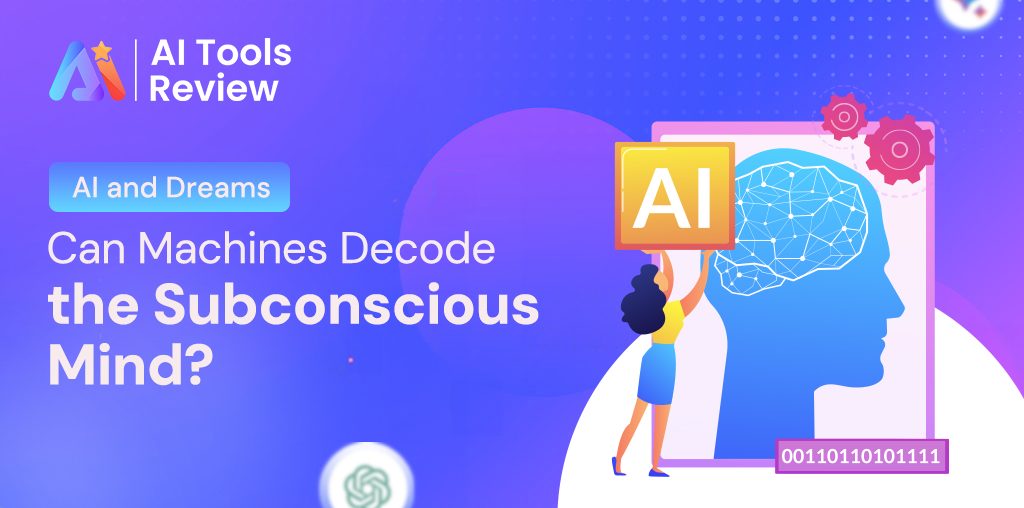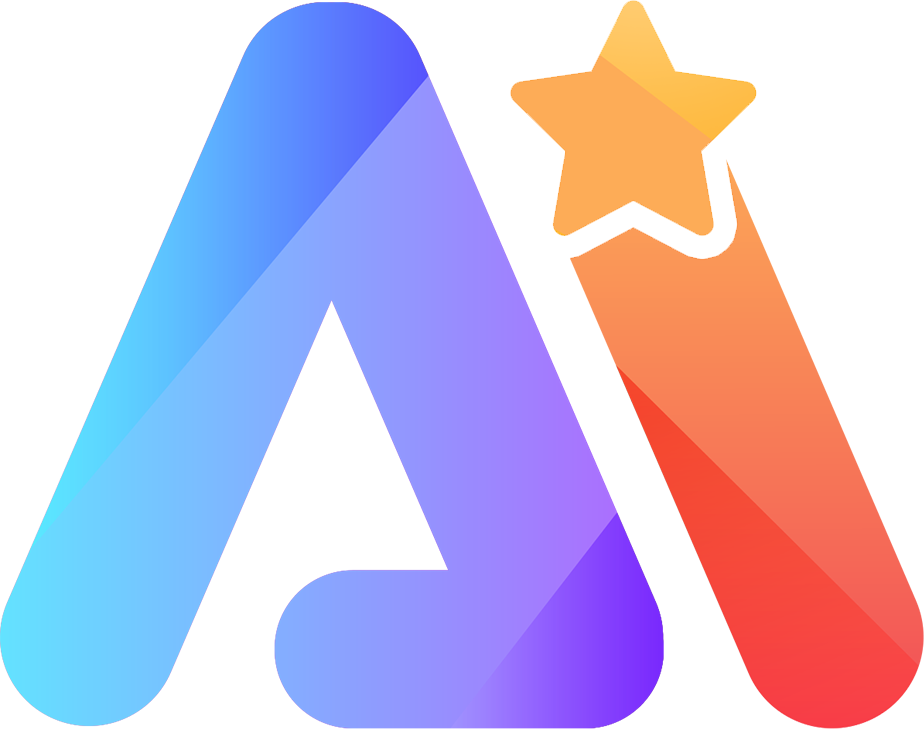For centuries, humans have been captivated by the enigmatic world of dreams. These nocturnal narratives, emerging from the subconscious, have inspired myths, psychological theories, and creative endeavors. Now, as Artificial Intelligence (AI) reshapes our world, the question arises: Can machines unlock the secrets of the subconscious mind?
Unlocking the Mysteries of the Subconscious
Dreams provide a window into our fears, desires, and unresolved emotions. Psychologists like Freud and Jung believed they held the key to understanding our psyche. Dreams, with their symbolic and often perplexing nature, serve as a mirror to the mind’s inner workings. However, dream interpretation has always been subjective and reliant on intuition. Could AI offer a fresh, objective lens to decode these cryptic messages?
How AI Is Transforming Dream Research
AI is making remarkable strides in dream research, blending cutting-edge technology with human curiosity. Several approaches are paving the way:
- Brain Imaging and Neural Decoding: Machine learning algorithms analyze data from brain imaging technologies like fMRI and EEG. These tools can detect neural activity patterns during sleep, potentially translating them into visual imagery or dream-like narratives. Researchers are inching closer to visualizing dreams based on brain scans, turning science fiction into reality.
- Text Analysis of Dream Journals: AI-powered tools analyze written dream reports to identify recurring themes, symbols, and emotional patterns. By aggregating this data, scientists could create vast databases of dream archetypes, revealing universal patterns that transcend individual and cultural differences.
- Personalized Dream Analysis: AI systems integrate data from wearable devices, psychological assessments, and sleep studies to provide individualized insights. This approach connects dream themes with waking-life experiences, offering a deeper understanding of a person’s subconscious mind.
Challenges and Ethical Dilemmas
Despite its potential, AI-driven dream research faces significant hurdles:
- Subconscious Complexity: Dreams are inherently abstract and symbolic, often defying logical interpretation. This complexity poses a challenge for even the most advanced AI systems.
- Privacy Concerns: Brain data and dream content are deeply personal. Ensuring the protection and ethical use of this sensitive information is critical.
- Balancing Technology and Human Insight: Over-reliance on AI may diminish the value of cultural, historical, and intuitive interpretations of dreams, which have shaped human understanding for centuries.
The Future of Dream Exploration
The intersection of AI and dream research holds immense promise for various fields:
- Mental Health: Therapists and psychologists could leverage AI to gain insights into their patients’ subconscious minds, aiding in the diagnosis and treatment of mental health conditions.
- Creative Innovation: Artists, writers, and creators could use AI to unlock and interpret dream-inspired ideas, fostering new avenues for creativity.
- Collective Consciousness: By analyzing large-scale dream data, researchers may uncover patterns that reflect shared human experiences, uniting us across cultures and generations.
Wrapping Up
The fusion of Artificial Intelligence (AI) and dream research marks an exciting frontier. While machines may never fully grasp the complexities of the subconscious, they can enhance our understanding. Rather than replacing human interpretation, AI serves as a collaborator, helping to decode the mysteries of dreams. Together, humans and AI can transform the dreamscape into a realm of discovery, shedding light on what it truly means to dream—and to be human.


